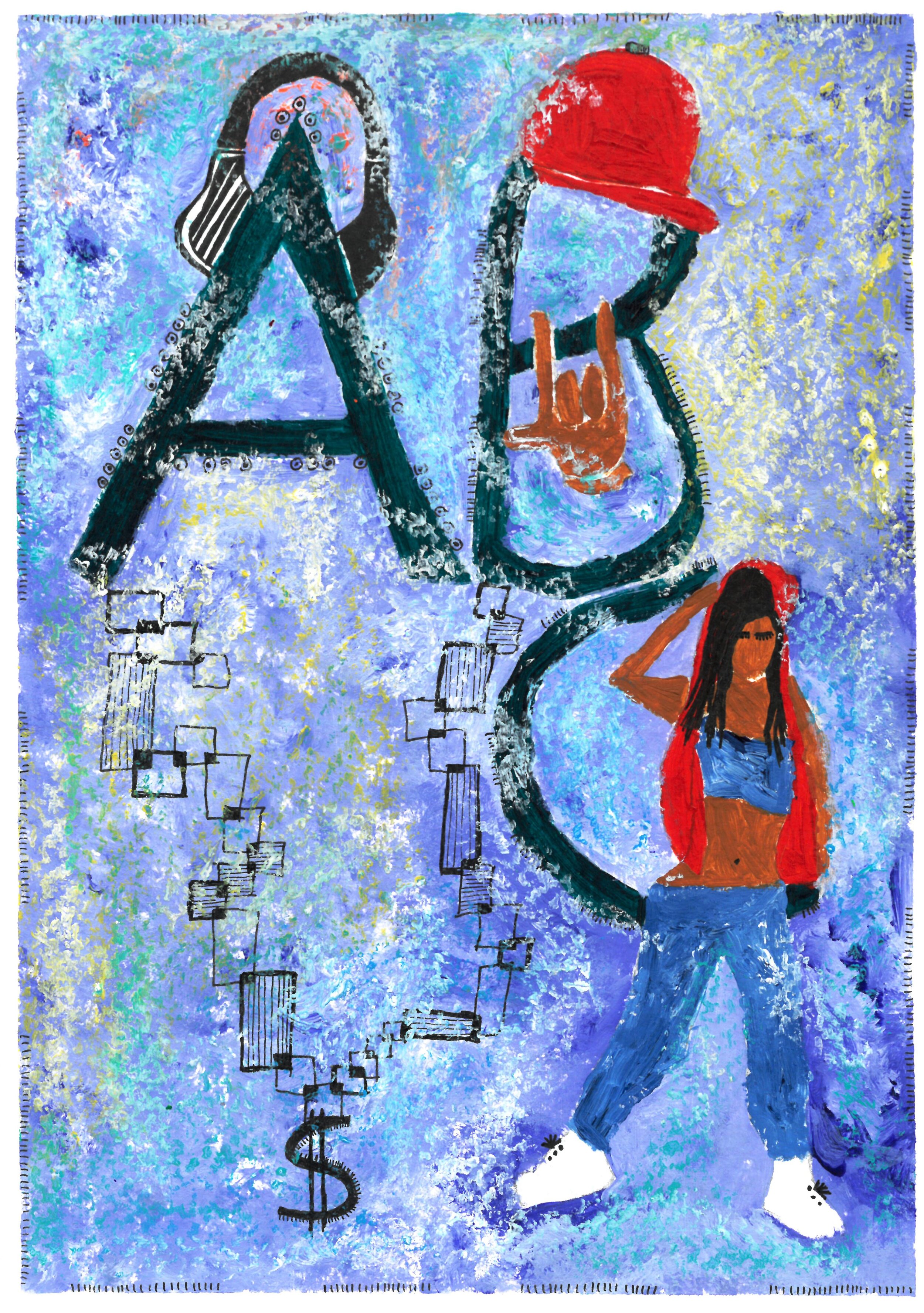Vuyolwethu’s Story
I was born in Johannesburg, South Africa. My dad is also from there, and my mom is from Port Elizabeth, so I grew up between these two cities. Even though we were spread out, our family was quite close — and also quite big.
I had an older cousin who loved hip hop. I must have been about seven or eight years old when I was first exposed, through him, to the likes of 2Pac, Biggie, and so many others. He always blasted his music, and as a result, I started catching onto the lyrics. I was a pretty shy and awkward kid, but when I was at home with hip hop blaring through the speakers, I felt invincible. It was also a good excuse to swear.
In high school, I started to develop my own musical tastes, which veered away from the mainstream and grew more centred on underground and indie rap. This led me to connect with lots of like-minded people.
At the time, my family and I lived in Pretoria. There, I started attending local “cyphers”, open mic sessions and poetry nights that I heard about. Having been creatively inclined from a young age, it felt like an opportunity to get out of my cocoon, so I started reciting some of my own poetry at these events.
The people I met introduced me to different sounds, and to a different way of life that came with being “hip hop”. We didn't carry ourselves like everyone else. We dressed differently. It felt like a community. There, I was not seen as weird or awkward. I was just myself: Vee (my friends used to call me Vee back then).
In contrast, my love of hip hop was seen as “un-African” at school and at home. But it still became an interesting way to bond with my brothers, because they also loved hip hop, and we started making our own beats. We used the music to improve our English, And practising rap lyrics helped me learn to better articulate myself and to speak louder. I didn't recognize these gifts at the time, but I have come to realise them in retrospect.
South Africa is diverse. There is room for multiple cultures to exist and thrive, but in my case, with my mom and dad being from different tribes, it was hard for me to find a sense of belonging. Someone would always remind me that I didn't quite fit in. Through hip hop, I discovered a place where I knew I belonged. I was finally able to find myself. I had never quite been the Xhosa girl my mom would have wanted me to be, or the Tswana girl my dad would have liked to see, but hip hop relieved me from those kinds of pressures and expectations, and helped me learn how to just be who I am.
Artist Notes
“The light blue and magenta background represents Vuyolwethu finding herself. The illustration features the letters ‘A,’ ‘B,’ and ‘C’ to symbolize how hip hop helped her improve her English and learn to better express herself. These letters also represent her creative journey into poetry and other language arts that she mentions in the story. Though a shy and socially awkward kid, she always felt invincible when she heard rap lyrics, which is represented in this image by her carefree stance as she leans against the letter ‘C .’ In her story, Vuyolwethu mentions being unable to fully fit into either ethnic tribe of her parents. This is depicted by the shabby chain hanging from the letters ‘A’ and ‘B,’ and the charm dangling from it in the shape of a dollar sign, which symbolises how she found herself through hip hip and rap. There are also other symbols included in the illustration, like headphones and a baseball cap, which complement the rap aesthetic.”
Published May 1, 2020
Updated Oct 25, 2022













